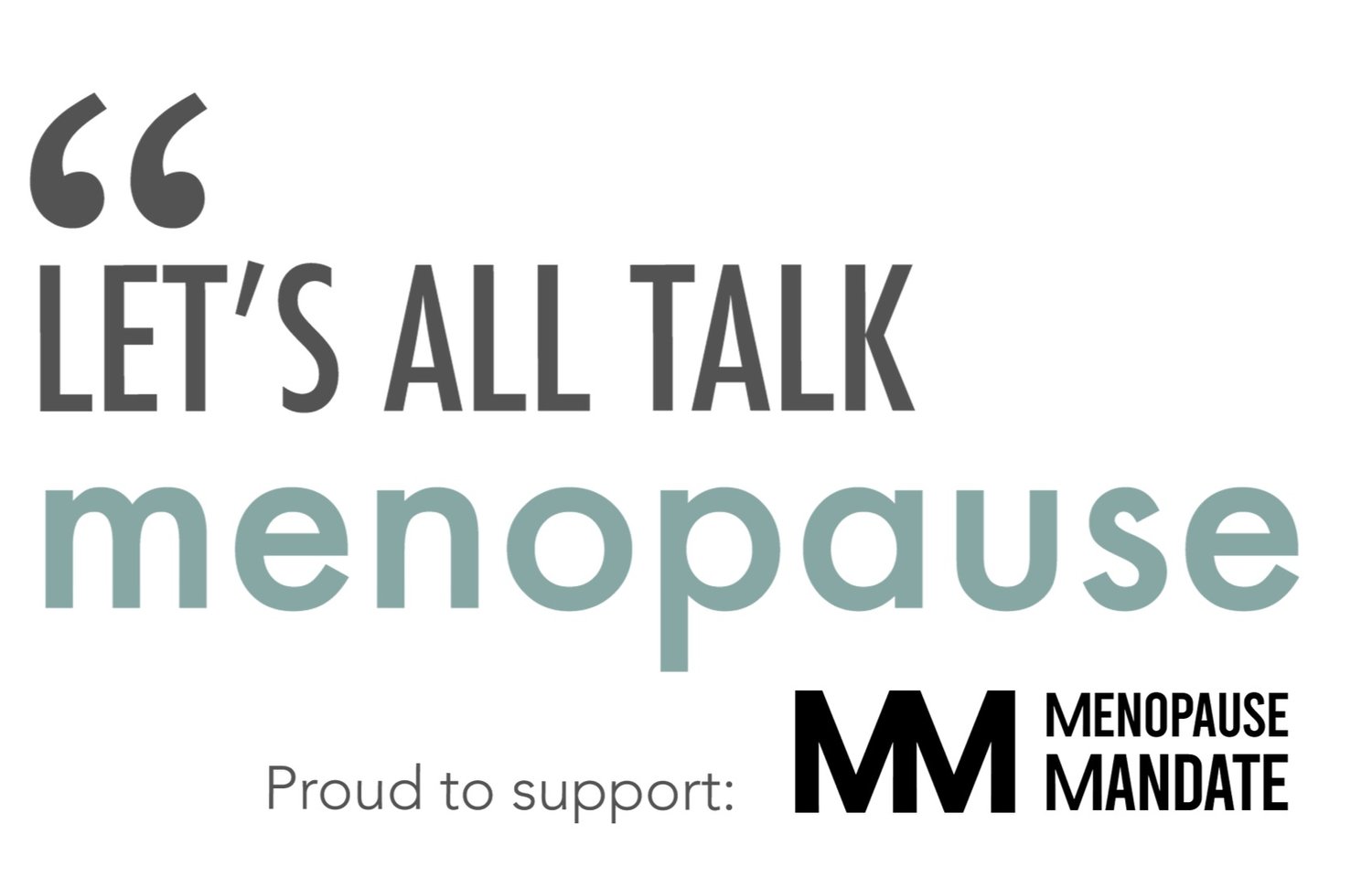Understanding Bladder Health During Menopause with Dr Surya Gupta-Wright
Menopause brings a variety of changes to a woman's body, and bladder health is a significant concern for many.
Common bladder issues during menopause include stress incontinence and overactive bladder. Stress incontinence involves leaks during activities like coughing or sneezing, often exacerbated by factors such as childbirth, weight gain, and chronic conditions like asthma or COPD. Overactive bladder, on the other hand, is characterised by frequent and urgent needs to urinate, sometimes leading to leaks before reaching the toilet.
The bladder functions like a balloon, filling from the kidneys and surrounded by a muscle that can become irritable during menopause, causing overactive bladder symptoms. Stress incontinence is more related to a weakened pelvic floor, which can be due to childbirth, weight gain, or chronic conditions.
Differentiating menopause-related bladder issues from other conditions involves noting the onset of new symptoms around menopause and consulting a doctor to rule out other causes. Diagnostic tests for bladder health typically start with checking for urinary infections and may involve a physical examination by a doctor. Referral to a specialist may be necessary for further tests.
"Pelvic floor exercises, if done properly, can show improvement in urinary symptoms in about 80% of women."
Pelvic floor exercises are highly recommended for managing stress incontinence. These exercises, if done correctly and consistently, can significantly improve urinary symptoms. Bladder retraining is another effective method for overactive bladder, involving gradually increasing the time between bathroom visits to normalise bladder function. Vaginal oestrogens can also be beneficial, especially for those already on hormone replacement therapy (HRT).
"The menopause is a time to stop and think about health generally."
Diet and lifestyle changes play a crucial role in managing bladder health. Reducing caffeine and alcohol intake can help, as these can irritate the bladder. Maintaining a healthy weight through diet and exercise is also important. For constipation, which can affect bladder health, increasing fibre intake and staying hydrated are key strategies.
Cranberry juice is often recommended for preventing urinary infections, although its effectiveness is more anecdotal than scientifically proven. Supplements like collagen are not strongly supported by medical research for bladder health, and it's essential to approach them with caution due to lack of regulation.
Incontinence can have hereditary factors, but it's influenced by many variables, including childbirth practices and individual health conditions. For those experiencing bladder issues, seeking help from a healthcare professional is crucial. Pelvic floor exercises, bladder retraining, and possibly vaginal oestrogens can make a significant difference.
"You don't have to just suck it up. It's a problem, and there are people out there who can help you."
In summary, managing bladder health during menopause involves a combination of pelvic floor exercises, lifestyle changes, and medical treatments. Consulting with healthcare professionals and utilising available resources can help women navigate these changes effectively.
